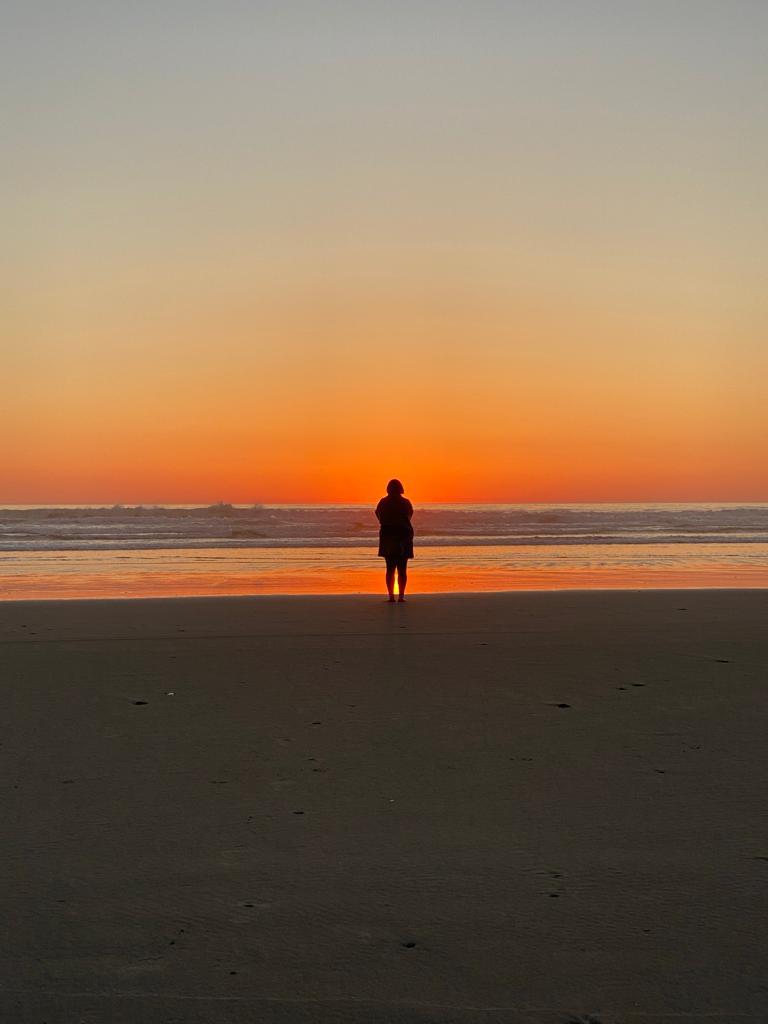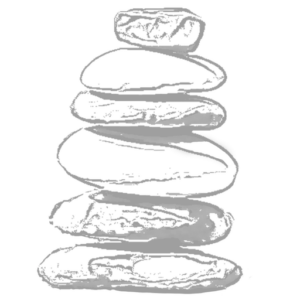I recently had dinner with a good friend who has an illness which means that her energy is extremely limited and she has to plan her days budgeting her energy, particularly if she wants to do something in the evening. Once she has ‘spent’ her energy for the day it is gone. Most of us are fortunate enough to have more flexiblity than that. We are able to find reserves of energy for those times when we have to push on through to meet a deadline. Or respond to a crisis. Or, on the more fun side, to go out to a spontaneous Happy Hour celebrating colleagues who have come into town.
And/but I think it still takes a toll. We may have the equivalent of an energy credit card. Where we can borrow against future energy. But at some point we have to pay up and either regain balance, or risk burnout, sickness etc.

1. Stop comparing your budget to others. Just as we all make different salaries and also spend money differently, so do we all receive different energy allowances and make different choices on what to spend that allowance on. We may be envious of the person who seems to tireless bounce from one trip to the next. Or who shows up in the office talking about the ten different hobbies while we barely make it through to bedtime. Budget with the energy you have.
2. Conduct an energy audit. Take some time over the course of a week or two, to accurately note what gives you energy and what takes it away. I encourage clients to be as specific as possible. E.g. rather than saying that exercise energizes you, maybe you note that running leaves you with more energy whereas cycling drains you. Maybe going out for 1:1 drinks feels like it fills your reserves but large group happy hours drain them. Track at the start of the day how much energy you begin with and notice how drained your battery is.
3. Experiment. Based on what you learned in the second and third points invite yourself to experiment with making shifts in your routine and getting curious about what happens. For example does an extra cup of coffee provide a boost or make you jittery? Does a 15 minute nap (for those of us working from home or with flexible schedules) reinvigorate you or make it harder to get back to work afterwards. Shifts don’t have to necessarily be big to make a significant difference. Make it fun and look to iterate.
I looked (and failed) for a resource on 100 tips to boost your energy. I found that there are lots of sites that talk about big buckets for paying attention to such as this one on WebMD. They fall into pretty well known categories: Sleep, Exercise, Social Life, Nutrition. I find though that the magic is in the detail. I’m sharing some of my own findings tailored for me that I’m sharing to hopefully provoke other’s thoughts. I’d love to know what others have found that work for them.
Energy Giving… (creating budget surplus)
- I’ve found an practice called No Sleep Deep Rest that takes 15 minutes puts me to the edge of sleep and massively increases my energy for the rest of the day. One example of this is here on Insight Timer.
- Exercising in the middle of the day gives me energy that lasts through the evening. Exercising in the late afternoon leaves me wanting to go to bed immediately.
- 1:1 meetings tend to energize me. Group meetings leave me with less energy than I started with (not in a bad way necessarily)
- Completing something and getting it off my to do list gives me an energy spurt – when I am flagging I look for something that I can get the satisfaction of getting off my to do list. Even if it is small.
Energy Taking… (drawing on my energy budget bank balance)
- For me writing takes more energy than it gives. I need to pace myself if I have a lot of writing. And find opportunities to intersperse with work that for me is energy giving.
- A glass of wine in the evening may feel good but it also drains my energy. I no longer drink until I have got everything I need to do done for the day (I have friends for whom this is the complete opposite).
- I love reading but it tires me. Listening to podcasts is easier when I am already tired.
What are on your lists?
